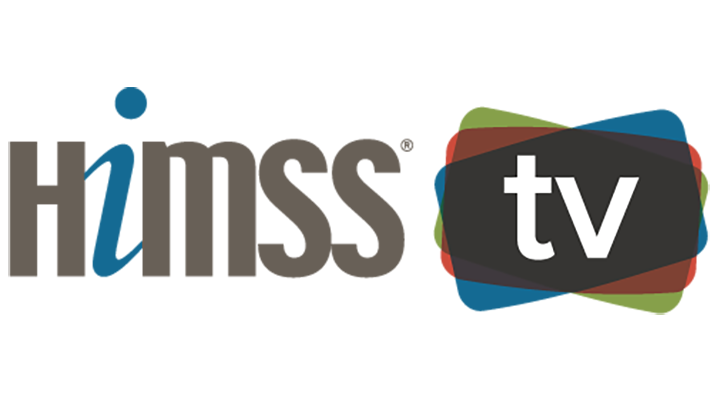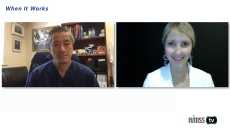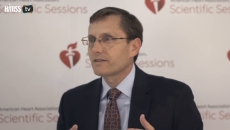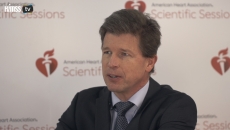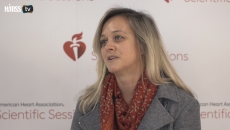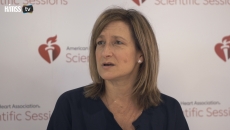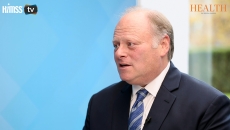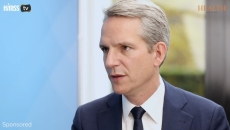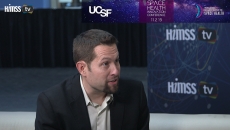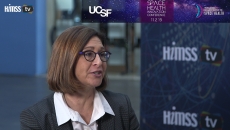HIMSS TV
In our first episode of "When It Works," intracranial hematoma patient Danielle Collins and George Washington University Hospital's Dr. Walter Jean share how virtual reality helped Collins comprehend her condition.
Patrick Wayte, SVP of the AHA's Center for Health Technology and Innovation, shares how his organization is bringing clinicians, behaviorists and technologists into a single conversation.
Clinical evidence will be vital in closing the wide gap between tech's vision and the clinical world's practical needs, says Duke School of Medicine Professor Dr. Eric Peterson.
Heather Provino, managing partner of The Scanlon Group, describes the roots of population health's digitization and what has been happening in the sector the last few years.
Kathleen Warner, chief of emerging strategies and ventures at the AHA, says the organization is helping healthcare startups build credibility.
HIMSS President and CEO Hal Wolf says it's vital that we prepare our workforce for cultural change and learn to fail fast in our global digital transformation projects.
Siemens Healthineers' digital solution aims to make the lives of physicians easier by increasing their confidence in treating their patients, says Peter Körte, the company's EVP of digital health.
Level Ex founder and CEO Sam Glassenberg talks about how gaming can be used to prepare for space health emergencies and demonstrates the VR technology involved.
Susanna Rosi, professor of physical therapy at UCSF, says data from her research on animals can help assess cognitive health risks of deep space travel.
New innovations originally designed for space are finding their way into our homes, says Translational Research Institute for Space Health (TRISH) Director Dorit Donoviel.
